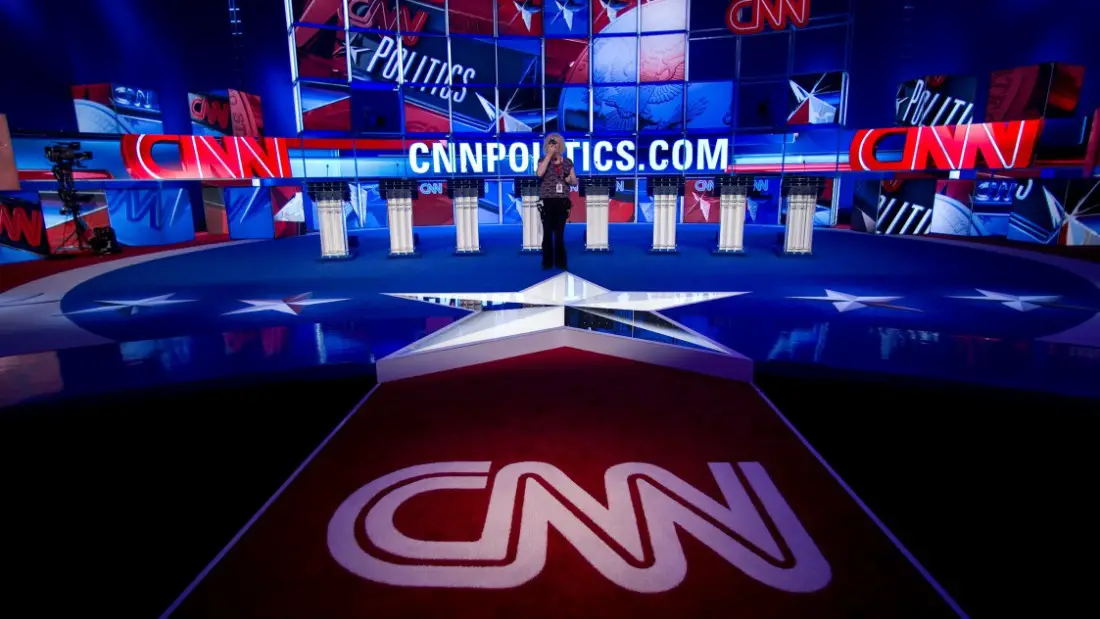The Democratic debate schedule for 2020 is coming together as the first two debates are now on the calendar and candidates will begin jockeying for one of twenty debate slots at each event. Similar to the format that the first Democratic debate will feature, on NBC in June, the CNN debate will also split the field into two groups of ten set over two nights in primetime.
CNN has chosen Detroit, Michigan, to feature as the backdrop of the second debate. Michigan, as we witnessed in 2016, is an important state for Democrats and an important state for Donald Trump. Both parties will be making an emphasis to win the state in 2020.
CNN Democratic Debate
Where: Detroit, Michigan
Night 1: Tuesday, July 30, 2019
Night 2: Wednesday, July 31, 2019
The specific venue has yet to be announced and we don’t yet have information on moderators or the question and answer format. What we do know, however, is that the qualifications for this debate will mirror the first debate with twenty debate slots open to candidates.
By the time we get to June and July, the field will get a bit larger. Joe Biden, despite some recent trouble, is still set “full steam ahead” with the intention to launch a campaign in late April. Former Virginia Governor Terry McAuliffe is also, reportedly, still considering joining the race.
The qualifications for attending one or both debates can appear to be cumbersome with different paths a candidate may take to the debate stage. Here’s a breakdown with further details direct from CNN:
Qualifying for the debates is based on a two-path system, determined by polling and grass-roots fundraising. The selection methodology will use the two measures in combination if more than 20 candidates qualify and the field needs to be narrowed down.
The debate will be over two days because the field is too big to fit on one stage. The Democratic National Committee will pick at random who ends up on each day. Up to 10 candidates will be onstage each night, so if there are more than 20 Democrats running, those who have not reached the threshold for grass-roots fundraising or polling will be excluded from the debate.
According to the debate guidelines, candidates “may qualify for the debate by registering at 1% or more support in three separate polls (either national polls or polls of the electorate in Iowa, New Hampshire, South Carolina and/or Nevada) publicly released between January 1, 2019, and 14 days prior to the date of the debate,” with “qualifying polls” coming from a DNC-approved list. That list includes polls from the Associated Press, ABC News, CBS News, CNN, Des Moines Register, Fox News, Las Vegas Review-Journal, Monmouth University, NBC News, New York Times, NPR, Quinnipiac University, Reuters, University of New Hampshire, Wall Street Journal, USA Today, Washington Post and Winthrop University.
The three polls used by candidates to qualify for the debate must be from three different organizations, or the same organization but of different geographical areas.
In addition to the polling criteria, candidates may qualify if they have received campaign contributions from at least 65,000 unique donors, and a minimum of 200 unique donors per state in at least 20 US states.
Most candidates will meet the polling and fundraising thresholds together since if you’re popular enough to register in national and state polls, you’re probably raising some money along the way.
However, by opening the debate stage to candidates who may be nothing more than a blip in most polls, we could see some dark horse names emerge closer to June that may be able to have a shot at attending based on the fundraising qualification alone.
Follow all the details at our 2020 Democratic Debate Schedule page which will have constantly updated information on each and every event from now until the end of the primary next year.
Donate Now to Support Election Central
- Help defend independent journalism
- Directly support this website and our efforts
